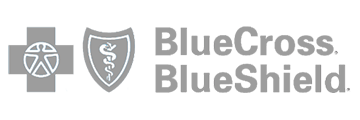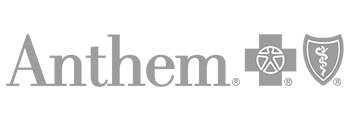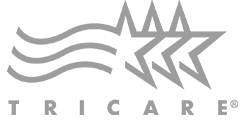Substance Abuse
OCD and Addiction
Medically Reviewed By
Written By
Last medically reviewed February 6, 2025
Substance Abuse
Medically Reviewed By
Written By
Last medically reviewed February 6, 2025
If you or someone you know is struggling with these disorders or diseases, don’t wait any longer to reach out for help from our team here at Southeast Addiction.

Everyone is going to have worries or excessive thoughts at some point in their life. For example, you might worry that you are going to get in a car accident on a rainy day or feel uncomfortable when your loved one is away on a vacation. As long as these aren’t severe and/or they do go away, you are probably alright. However, there are some people who have OCD and addiction.
Some people have OCD (obsessive-compulsive disorder) and due to their all-consuming thoughts, they start abusing alcohol or drugs to try to diminish those thoughts. There are even those who develop an addiction and then develop obsessive thoughts when they are under the influence of alcohol or drugs. Either way, OCD and addiction disrupt a person’s daily routines, responsibilities, relationships, work and other aspects of their life.
If you or someone you know is struggling with these disorders or diseases, don’t wait any longer to reach out for help from our team here at Southeast Addiction.
Obsessive-compulsive disorder (OCD) is in the category of obsessive fears or repetitive behaviors. Anxiety usually plays a huge role in this disorder.
How are you supposed to know if someone you care about or yourself has OCD? Some of the signs of this disorder include:
These are some of the fears that are commonly associated with OCD.
There are also some repetitive behaviors that someone with obsessive-compulsive behavior might have, as well. Some of these behaviors might include:
You may even know that you are displaying these behaviors, but don’t feel you can stop. If this is the case, you can get the help you need from our Southeast Addiction professional treatment team. We have therapy, medications, support groups and other modification treatments that can help you to recover.
If you have developed an addiction due to OCD or have OCD due to an addiction, we have co-occurring OCD and addiction treatments, too.
In many cases, people will abuse alcohol and/or drugs to ease the fears and anxieties they have. Some people will abuse these substances to try to stop their repetitive behaviors. Most of the time, these substances will only make the disorder worse.
Studies have shown that about 27% of adults who have OCD also have a substance use disorder. About 12% of these adults have alcoholism or an alcohol use disorder. Around 11% have a drug and alcohol addiction and the rest had only a drug addiction.
The majority of people who participated in those studies said the substance abuse began after the obsessive-compulsive behaviors and symptoms started. In some studies, it was shown that people who developed obsessive-compulsive behaviors when they were a child were much more likely to drink alcohol or abuse drugs during their teenage years.

It is very common for someone with OCD and addiction to feel guilty or ashamed of their compulsive thoughts and repetitive behaviors. However, they aren’t usually able to stop on their own. Due to their shame and guilt, they may try hiding things from the people that care about them. For this reason, their OCD and addiction may go undiagnosed for a long time.
It is important that people with these issues get the treatment they need. However, we know that substance abuse and mental health disorders are sensitive topics. Most people don’t want to bring them up because they fear they will offend someone or hurt their loved one’s feelings. They may even fear they are going to make the situation worse for their loved one or friend.
It is important to know the discomfort you feel about bringing up the topic of OCD and addiction must be put aside to help your loved one or friend. It may be a good idea, though, to hold an intervention for them. That way, you aren’t going at this conversation on your own. If you bring along other family members and friends, the intervention may go along much smoother and be more effective, too.
It is vital that everyone who has OCD and addiction disorders get the help they need. The good news is there are different kinds of treatments that work for various people. Many of the treatments are therapies. Some of the most effective types of therapies include:
It is crucial that both the OCD and addiction are treated at the same time. Otherwise, symptoms from the OCD and/or addiction may get worse.
Many people who have both OCD and addiction do benefit from inpatient rehab treatment. Here at Southeast Addiction, we offer this type of treatment. If you want to know more about it, don’t hesitate to let us know today. We also offer partial hospitalization, intensive outpatient treatment and outpatient rehab treatment, as well. We can do a complete medical and psychiatric assessment to help find the treatments that may work the best for you and your case.
Do you struggle with symptoms of OCD and addiction? Maybe, you just have one of these disorders or you could have both. Either way, you can get the treatment you need here at our treatment facility. We offer a range of therapies and other treatment options that can be a great fit for you and your recovery.
Don’t wait any longer to get OCD and addiction treatment and help. Contact us today at Southeast Addiction Center to start your recovery.






